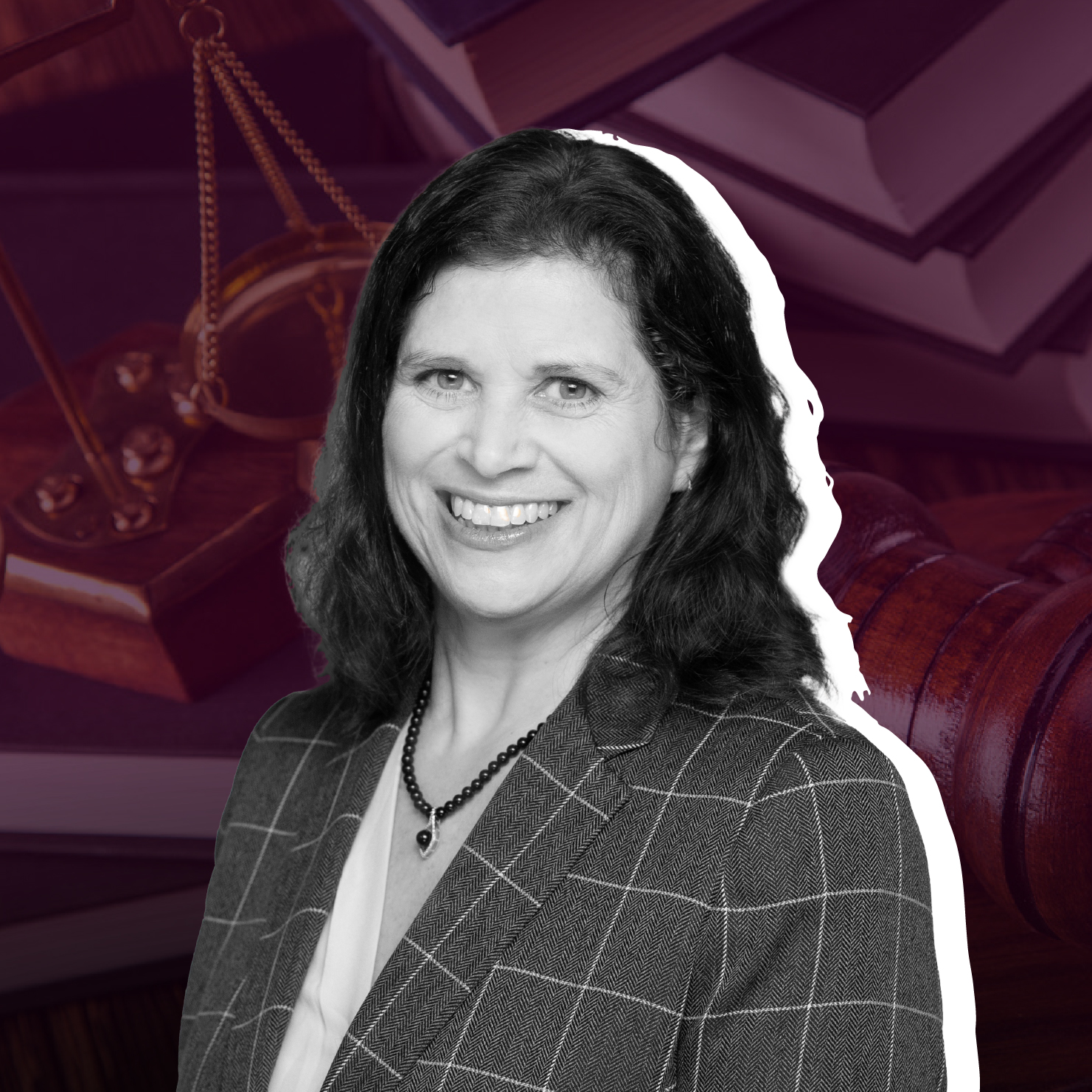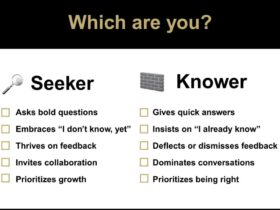At the heart of every successful lawyer-client relationship is trust. The best way to build that trust is to establish credibility both as an experienced attorney and a human being.
Unfortunately, that second part—showcasing one’s humanity—is what both law firms and the lawyers themselves too often overlook when it comes to business development.
That’s why, after spending 20+ years in legal marketing, including holding leading PR and marketing communications roles at three AmLaw 100 firms, I think it’s time for law firms to consider executive branding for those partners who struggle to win or retain clients.
Executive branding (also sometimes referred to as personal branding) deploys a mix of content creation and marketing, public relations, and community management to establish an individual as a thought-leader in their field while at the same time engaging in an ongoing dialogue with that executive’s target audiences—in this case, clients and prospective clients.
Rather than just selling or promoting a company’s products or services, executive branding focuses on individual relationships, on sharing what’s on the executive’s mind, what motivates him or her, as well as short, practical tips that will be of immediate help to the executive’s followers.
Benefits of executive branding
- Gives clients and prospects a full picture of who the partner is on LinkedIn, the most trusted and credible social media channel designed specifically to help business executives network and engage with others.
- Allows attorneys to stay in touch with their clients even when they are not working on a matter together, keeping them top of mind.
- Community management on your attorneys’ social channels can help get lawyers better connected with their relevant network online, as well as put them in front of decision-makers at companies your firm is targeting.
- Build a list of prospects by responding to posted comments or conducting online polls of the attorney’s followers.
- Build the attorney’s reputation as a thought-leader as journalists regularly review social media profiles to find fresh sources for their articles.
- Agencies that specialize in executive branding can do much of the work involved, including community management. Thus, the attorney will only need to commit a small amount of time (generally 2-3 hours a month), allowing them (and your internal BD and marketing teams) to focus on their billable work, but still reaping the rewards that come with an executive brand.
In the age of AI, deep fakes, and at a time when mistrust of institutions of all kinds, including our justice system, are at an all-time high, people care less about corporate brands and more about the people who make up that brand.
This is particularly true both for corporate law firms and those that cater to individuals, given that they generally only seek an attorney when high stakes are involved, or they feel professionally or personally vulnerable.
Whether they have been financially, physically, or emotionally harmed in some way or face allegations that they or the entities they work for have harmed others, most people experience anger, shame, disbelief, grief, sorrow, or a combination of these and other emotions in such situations.
Likewise, high-stakes transactions to advance clients’ commercial or personal interests or to protect their business, themselves, their loved ones, or their assets often involve stressful, protracted negotiations where it is easy to lose hope or feel frustration.
That’s why for lawyers, being willing to share stories about their own experiences and demonstrating empathy for others are some of the best ways to build trust and forge ongoing relationships.
If you are interested in attending a free one-hour webinar about executive branding for attorneys in early 2024, please contact me.















